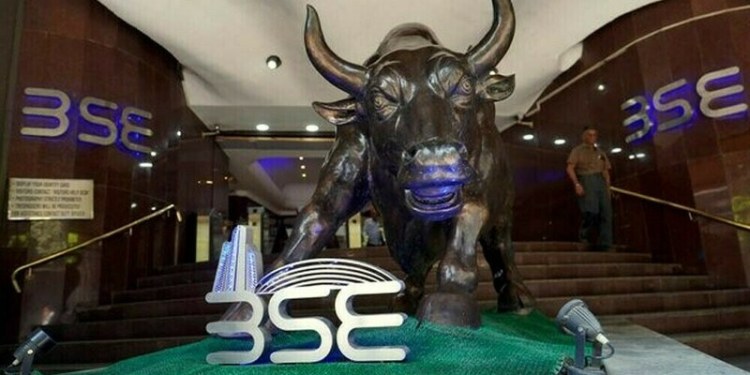By Hideyuki Sano
TOKYO (Reuters) – Asian shares paused on Friday as investors sat back to ponder the U.S. Federal Reserve’s policy outlook, a day after the world’s most powerful central bank triggered a global rally in riskier asset markets with an unexpected decision to maintain its stimulus program.
The dollar drifted off a seven-month low against a basket of major currencies and U.S. Treasury yields rose after a string of upbeat U.S. data provided a reminder to markets that the Fed is not far off from the day when it starts to cut stimulus.
“Despite the surprise decision on Wednesday, many in the market think the Federal Reserve is likely to start tapering some time in October-December,” said Daisuke Uno, chief strategist at Sumitomo Mitsui Bank.
Japanese shares were up 0.2 percent in early trade, while Australian stocks were a tad softer. Markets in China and South Korea were closed for the mid-autumn holiday.
The Fed’s shock decision on Wednesday inspired a broad-based rally in global stocks, commodities and riskier currencies as sentiment was buoyed by the prospect of cheap dollars sloshing around in financial markets for a longer period.
However, Fed tapering expectations were kept alive by data on Thursday showing U.S. home resales surged in August to a 6-1/2-year high and factories grew busier in the Mid-Atlantic region this month.
That helped to push up the U.S. 10-year notes yield back up to 2.75 percent from a five-week low of 2.67 percent touched just after the Fed’s decision.
The dollar index, which measures the greenback against a basket of six major currencies, stood little change at 80.35, off seven-month lows of 80.06 hit on Wednesday.
“We think the dollar is likely to recover quickly versus the lower yielding currencies in the G10,” analysts at BNP Paribas wrote in a client note.
The euro held not far from a 7 1/2-month high of $1.3568 hit on Thursday, last trading at $1.3535.
The common currency has been supported by signs of recovery in the euro zone economy, but some investors are getting nervous ahead of Germany’s election on Sunday.
While Chancellor Angela Merkel is likely to win her third term, her lead has narrowed in recent opinion polls and a new eurosceptic party could make its headway to the parliament, which could rattle some investors.
As the dust settles from the Fed’s jolt, Asian currencies could come under renewed pressure, some analysts said.
“It’s hard to think all the money that have left emerging currencies will come back. You cannot just push back the clock,” said SMBC’s Uno.
The Malaysian ringgit fell 0.7 percent in early Friday trade, ceding some of its huge gains on Thursday, to trade at 3.1655 ringgit to the dollar.
In the commodities market, U.S. crude futures extended losses on Friday after a 1.5 percent drop the previous day after Iran’s president said his country was not seeking war with any other nation.
(Editing by Shri Navaratnam)
Source: Reuters


























